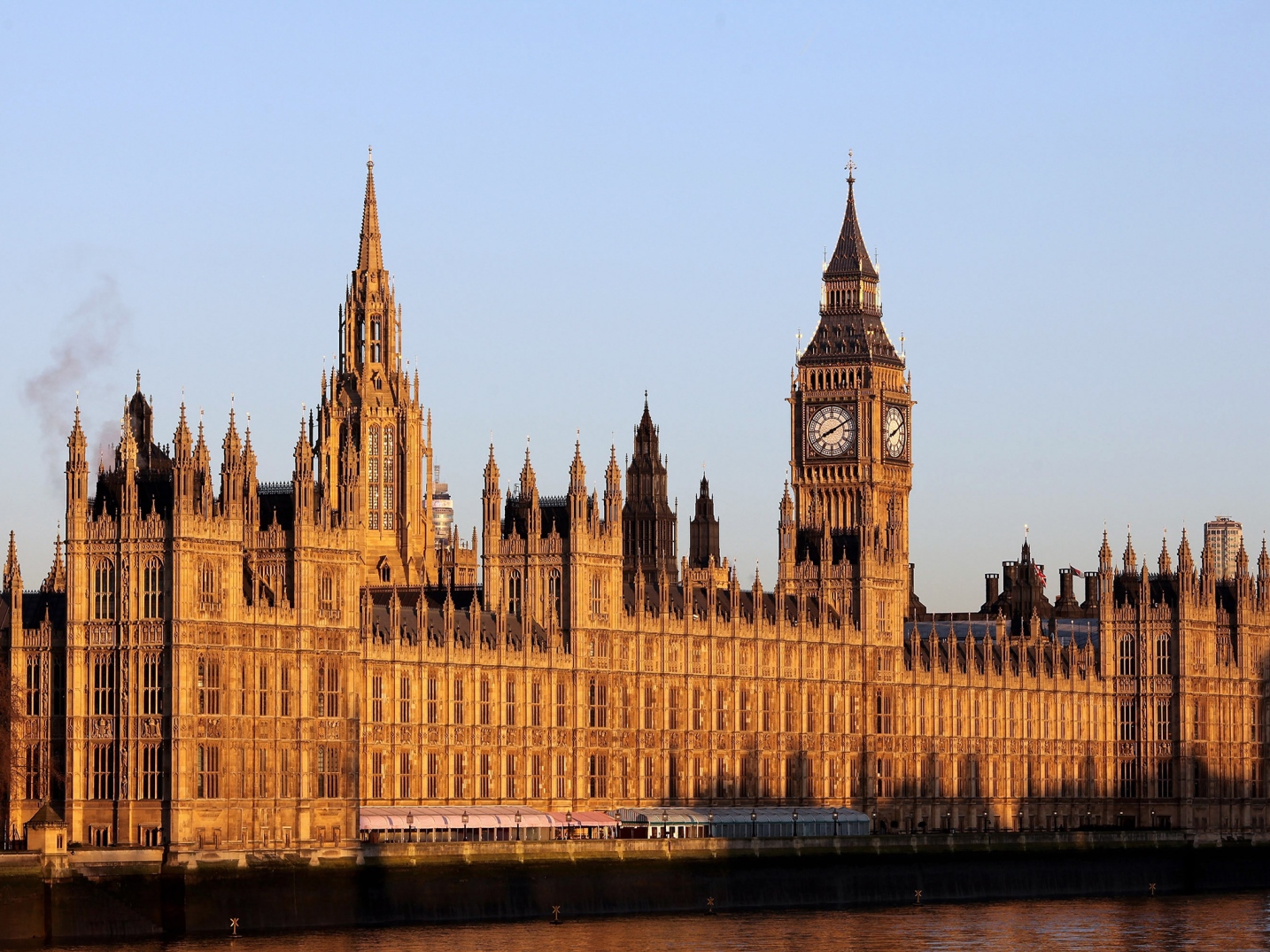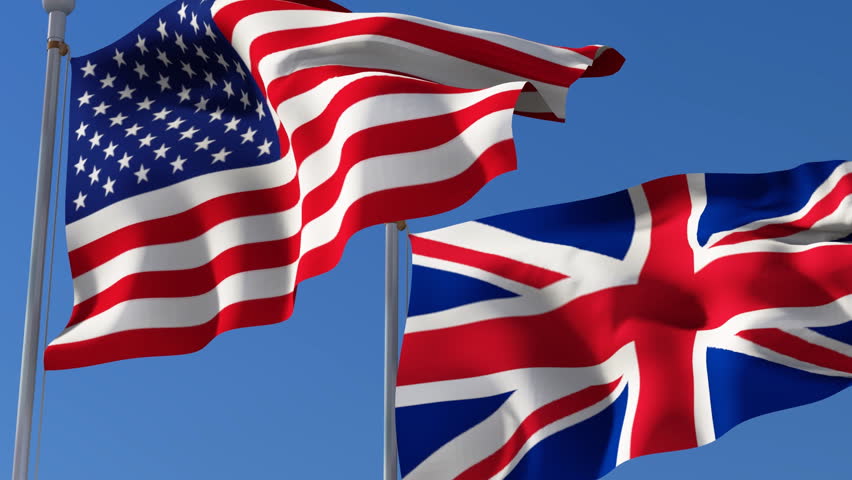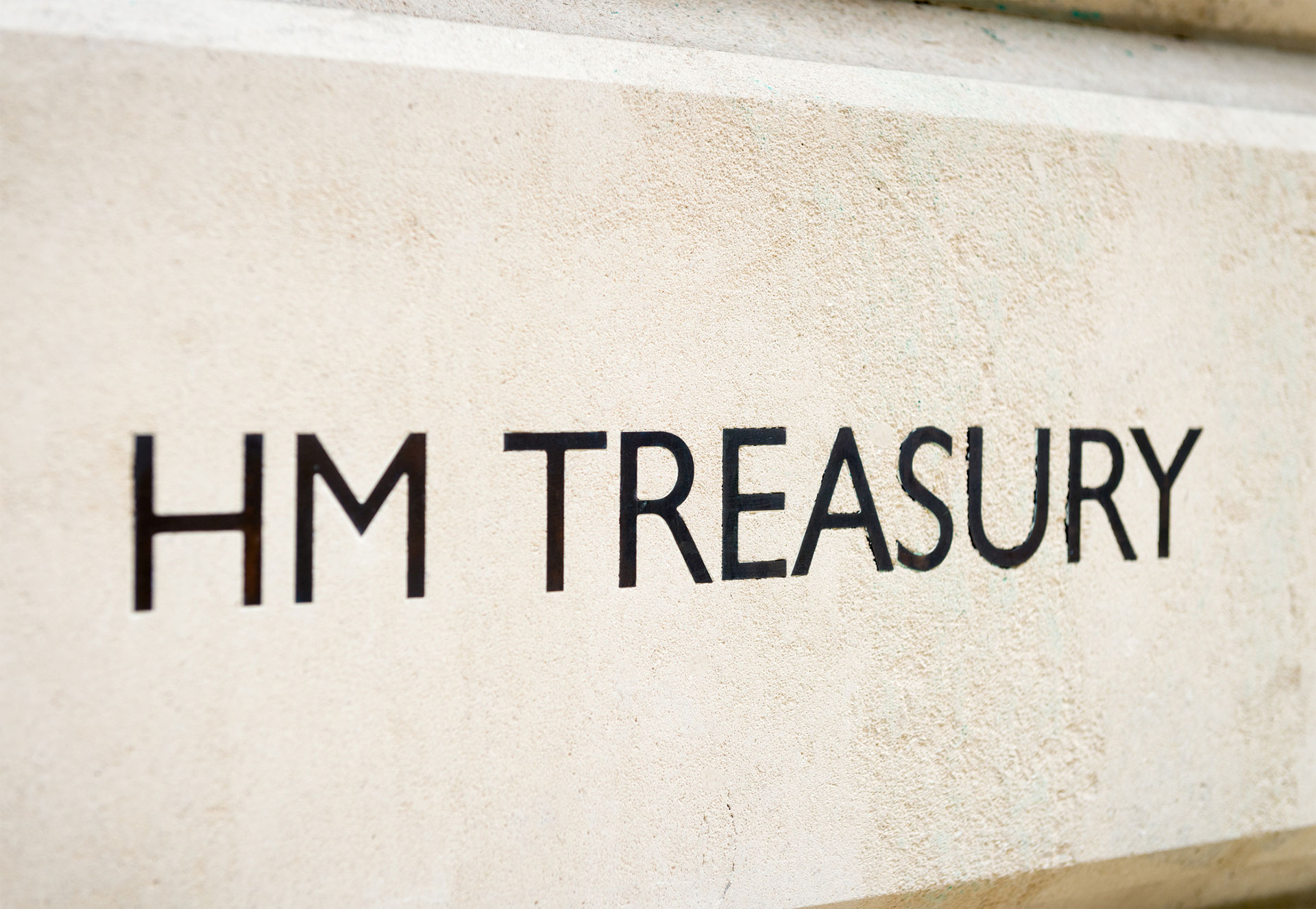
This week the Business, Energy and Industrial Strategy (BEIS) Select Committee held an evidence session examining emerging issues faced by businesses following the UK’s departure from the European Union and the establishment of a new trading relationship between the UK and EU. The session was focused specifically on issues that have arisen in the automotive, manufacturing, aerospace and haulage sectors, with ADS Chief Executive Paul Everitt giving evidence to the Committee.
General impacts on Brexit – 8 weeks on
The Committee asked the representatives from the aerospace and automotive sectors what the general impacts were on their sectors to which Paul Everitt highlighted that having the Trade and Cooperation Agreement between the EU and UK is more advantageous for the aerospace sector than a No Deal situation. However, he added that the agreement in its current form is limited in nature and adds additional costs to the aerospace industry, especially around the relationship between the UK Civil Aviation Authority (CAA) and the EU aviation safety agency (EASA) as well as aviation design certifications/approvals.
Northern Ireland and Trade
The movement of goods between Great Britain and Northern Ireland continues to be a fundamental issue for aerospace companies based in Northern Ireland as Paul highlighted to the Committee. Businesses in Northern Ireland are now facing additional tariffs to bring in raw materials that will be processed into aerospace products, adding huge time and costs for businesses in the region. Paul argued that this is particularly of concern for SMEs in Northern Ireland who have little expertise in this area and have had very limited time to adapt to the new regime following the end of the transition period.
Aviation Safety
Aviation safety remains a key issue for the aerospace sector following the UK-EU agreement as Paul highlighted to the Committee. He highlighted that the TCA is limited in nature with regulations around aviation safety and it adds additional costs to the aerospace sector, particularly around the relationship between the CAA and EASA as well as aviation design certifications and approvals.
Paul highlighted how more negations still need to take place in this area for aerospace companies. Particularly as negotiations are still required on the technical implementing procedures (TIP) that will set out the validation process for areas in which there is no mutual recognition on aviation safety. These negotiations have yet to begin and are expected to take several months with no temporary arrangements being considered which are harming the UK aerospace sector greatly. The UK and EU need to start negotiating and agree on a temporary arrangement to save UK companies thousands of pounds a year, something which Paul raised to the Committee and ADS will continue to highlight to Government.
Next steps
ADS continues to work closely with the Government and Parliament to feedback members experiences with the next relationship between the UK and the EU. The ADS Brexit Hub is constantly updated with news and information which will help members navigate Brexit going forward.
ADS also has a Brexit Reporting Mailbox for members to highlight any issues you may be encountering as a result of Brexit, the email address is brexitreporting@adsgroup.org.uk.





